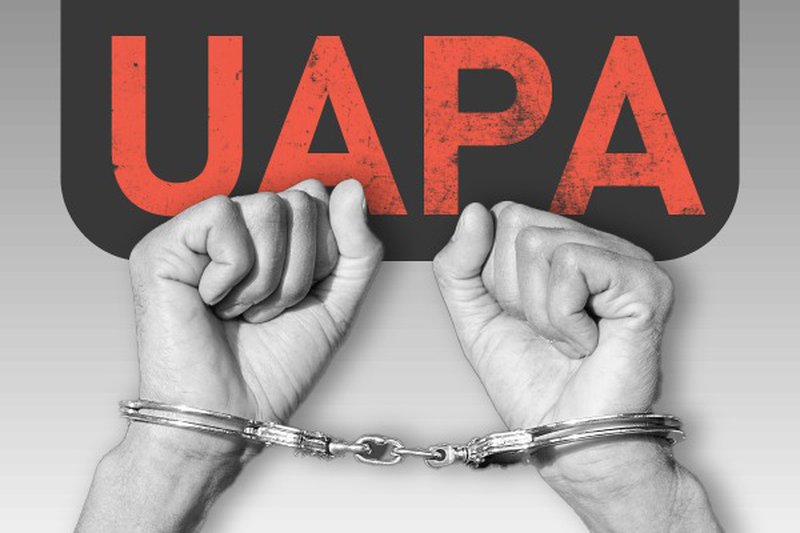Current Context
Gangster Goldy Brar, the mastermind behind the murder of Punjabi singer Sidhu Moosewala, was declared a designated terrorist by the Centre under the Unlawful Activities (Prevention) Act (UAPA) on January 1, 23.
About
- The Union Ministry of Home Affairs has informed that Goldy Brar is associated with the banned Khalistani organization Babbar Khalsa International, which is known for anti-India activities.
About Unlawful Activities (Prevention) Act (UAPA)
Unlawful Activities (Prevention) Act, 1967
The Unlawful Activities (Prevention) Act, 1967, was introduced in India to prevent unlawful activities.
It lays down the definitions and rules for designating an organization as an “unlawful association” if it is engaged in certain types of activities.
- “Unlawful activity” refers to actions, whether through acts, words, or signs, intended to disrupt India’s territorial integrity and sovereignty.
- Which is intended to, or supports a claim to, bring about the cession of a part of the territory of India, or the secession of a part of the territory of India from the Union, or which incites any individual or group of individuals to bring about such cession or secession.
The Act also prohibits the cession or secession of a part of India, with death penalty and life imprisonment as the highest punishments applicable to both Indian and foreign nationals.
Before this law, organizations were declared unlawful under the Criminal Law (Amendment) Act, 1952, but the Supreme Court found this process unlawful.
The UAPA includes provisions for a Tribunal to review and confirm the declaration of an organization as unlawful within six months.
Amendments in UAPA
The Act, amended in 2004 and 2013, covers the declaration of associations as unlawful activities, punishment for terrorist acts, threats to national security (including economic aspects), and measures to prevent the use of funds for terrorist purposes.
- Under the act 34 outfits, including the Lashkar-e-Taiba and the Jaish-e-Mohammad, were also banned.
Who is a “terrorist”?
The words “terror” or “terrorist” are not defined, but the UAPA defines a “terrorist act” as any act committed with intent to threaten or likely to threaten the unity, integrity, security, economic security, or sovereignty of India or with intent to strike terror or likely to strike terror in the people or any section of the people in India or in any foreign country.
- The ban on organizations was initially for two years, but it was extended to five years in 2013.
- The UAPA is an improved version of the lapsed Terrorist and Disruptive Activities (Prevention) Act (TADA) and the repealed Prevention of Terrorism Act (POTA).
- After the repeal of POTA in 2004, the UAPA was expanded to include acts considered terrorist in earlier laws.
- The 2004 amendments aimed to align with anti-terrorism resolutions of the United Nations Security Council.
Amendments introduced in 2019
Amendments introduced in the 2019 Bill sought to empower the central government to designate an individual as a “terrorist”.
- If they are found committing, preparing for, promoting, or involved in an act of terror.
A similar provision already existed in Part 4th and 6th of the legislation for organizations that can be designated as a “terrorist organization”
- The central government may designate an individual as a terrorist through a notification in the official gazette, and add his name to the Fourth Schedule of UAPA.
Criticism of UAPA
- Critics argue that the UAPA goes against the federal structure by undermining the authority of state police in terrorism cases.
- Concerns about the constitutional validity of the National Investigation Agency (NIA) are also raised.
- Section 43(D)(5) of the UAPA, preventing bail if the chargesheet is filed, is criticized for denying the right to bail.
- The law is seen as draconian, curbing fundamental rights and having a low conviction rate.
Way Forward
To address these concerns, it is suggested that the court assess whether the UAPA’s broad powers are proportionate to its goals. Vague terms in the Act and a lack of prosecution standards give agencies arbitrary powers, relying heavily on police cases.

